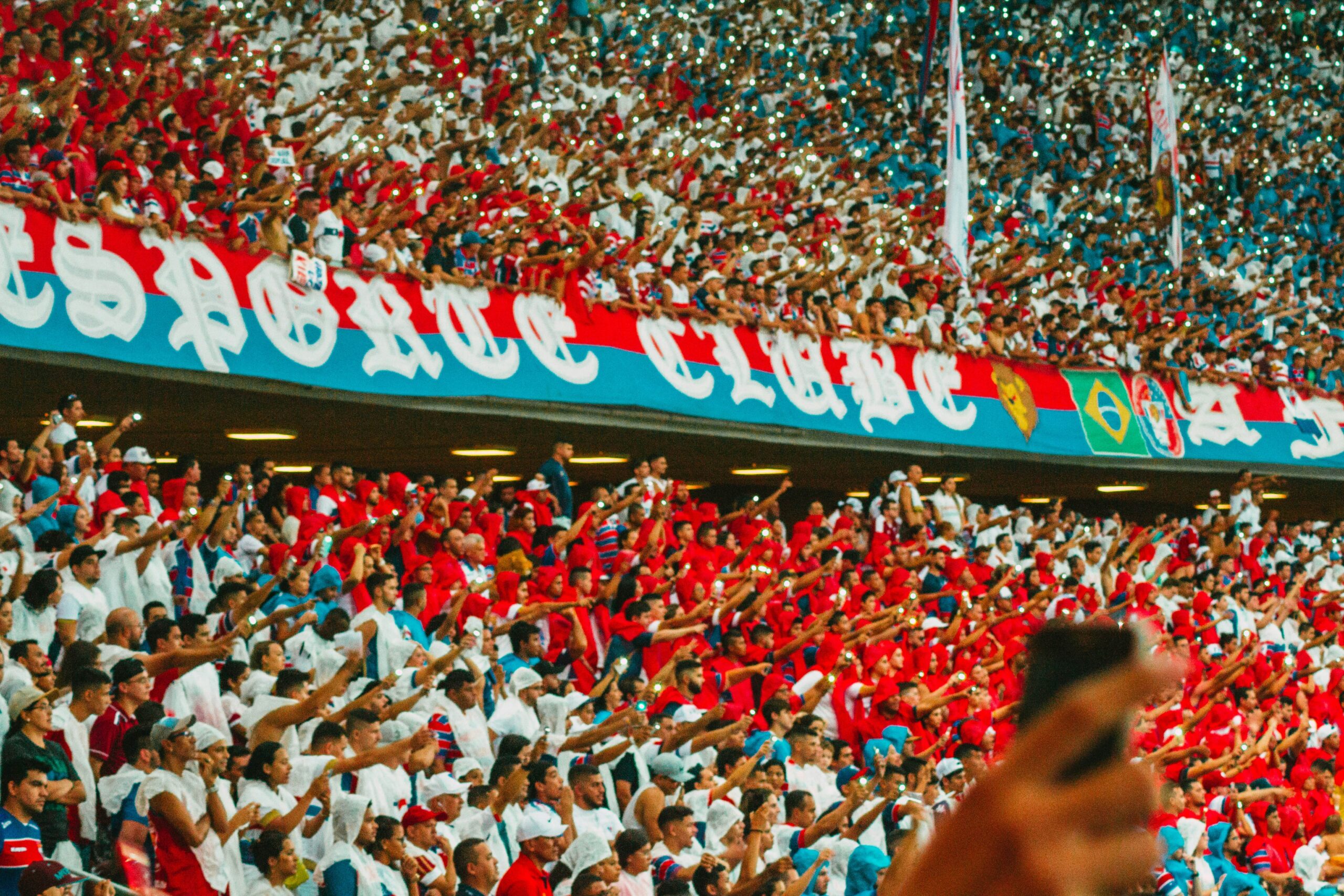
In a bold move that has captured international attention, UEFA showcased a banner proclaiming ‘Stop Killing Children. Stop Killing Civilians’ at the Super Cup football match between Paris Saint-Germain and Tottenham in Udine, Italy. This act comes in the wake of criticism regarding UEFA’s previous tribute to Palestinian footballer Suleiman al-Obeid, who was killed in an Israeli attack.
Key Facts
- The banner was displayed prominently during the high-profile UEFA Super Cup match.
- This action follows criticism of UEFA’s initial tribute to the late Palestinian player Suleiman al-Obeid.
- Mohamed Salah, a prominent Liverpool forward, publicly challenged UEFA to provide clarity on the circumstances of al-Obeid’s death.
Background
UEFA’s decision to unfurl this banner was influenced by the fallout from a tribute to Suleiman al-Obeid, a footballer revered as the ‘Palestinian Pele.’ Al-Obeid was killed while waiting for humanitarian aid in the southern Gaza Strip, a detail initially omitted in UEFA’s tribute. The tribute described al-Obeid merely as a talent who inspired children, prompting Salah to question the lack of context regarding his death.
Official Reactions
UEFA described the display of the banner as ‘A banner. A call,’ indicating a shift towards more direct involvement in political advocacy within the sports arena. However, UEFA has not responded to Salah’s criticism directly, and according to Bassil Mikdadi, founder of Football Palestine, no response is expected given the general silence from football bodies since the war on Gaza began.
What’s Next
The controversy surrounding UEFA’s actions highlights the increasing intersection of politics and sports, particularly in conflict zones. UEFA has announced partnerships with several humanitarian organizations like Medecins du Monde and Doctors Without Borders to aid children affected by global conflicts, indicating a continued focus on humanitarian efforts.
As the situation develops, the sports world and international bodies may face further pressure to address and engage with geopolitical issues more transparently and effectively.


